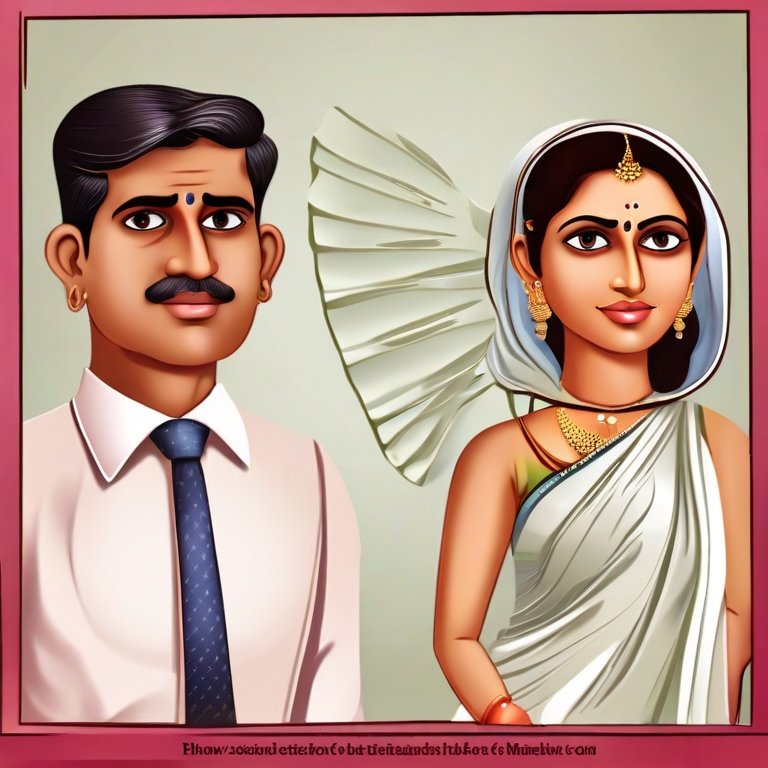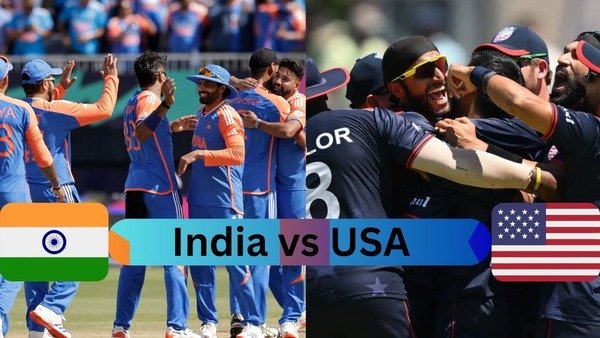“Supreme Court’s Sensational Verdicts on Divorce: An Insight into Recent Rulings and Their Impact on Indian Society”
“Supreme Court’s Sensational Verdicts on Divorce: An Insight into Recent Rulings and Their Impact on Indian Society”
The institution of marriage is considered sacred in the Indian society, with divorce being seen as a last resort and a taboo. However, with the changing times, divorce rates have been steadily rising.
In fact, according to a report by the Times of India, the number of divorces in India has increased by 35% in the last decade.
To address the complexities surrounding divorce, the Supreme Court has recently delivered some sensational verdicts that have sparked debates and discussions across the country.
In this blog post, we will take a closer look at some of the recent Supreme Court rulings on divorce and their potential impact on Indian society.
Divorce for Christian couples:
“Supreme Court’s Sensational Verdicts on Divorce: An Insight into Recent Rulings and Their Impact on Indian Society”
One of the most significant verdicts delivered by the Supreme Court was in regards to divorce within the Christian community.
Previously, Christian couples had to wait for two years of separation before filing for divorce, unlike other religious communities who were required to wait only for one year.
However, in a progressive move, the Supreme Court has reduced this waiting period to one year for Christian couples as well.
This verdict has been welcomed by many as it acknowledges that marriage is a personal matter and the law should treat all religions equally.
Muslim women’s right to divorce:
In another landmark judgment, the Supreme Court ruled that Muslim women have an equal right to seek divorce as men under the Dissolution of Muslim Marriages Act.
This ruling came as a welcome relief for many Muslim women who have been struggling to obtain a divorce due to the restrictive interpretation of personal laws by religious institutions.
The judgment not only upholds gender equality but also gives women agency and control over their lives.
No fault divorce:
The Supreme Court’s recent ruling in Sasikala Pushpa v. Union of India case has brought about a significant change in the concept of divorce in India.
The court held that irretrievable breakdown of marriage is a valid ground for divorce and no longer requires couples to prove fault or point to specific reasons for the disintegration of their marriage.
With this judgment, the Supreme Court has recognized the harsh reality that not all marriages are successful and has made it easier for couples to obtain a divorce.
Impact on Indian society:
These progressive judgments by the Supreme Court have the potential to bring about significant changes in the way Indian society perceives marriage and divorce.
By recognizing the rights of individuals within a marriage, regardless of their religion or gender, these rulings promote equality and autonomy.
They also reflect a shift towards a more modern and liberal approach to issues surrounding marriage and divorce.
Furthermore, these verdicts can also help in reducing the stigma associated with divorce in India.
By acknowledging that marriages can fail and providing a legal framework for a no-fault divorce, the Supreme Court has taken a step towards normalizing divorce and removing the social taboo attached to it.
This can lead to more individuals seeking a divorce without fear of judgment or societal pressure.
However, it is worth noting that these judgments also raise important questions surrounding the sanctity of marriage and its impact on family values.
Some argue that these rulings may lead to an increase in divorces and ultimately weaken the institution of marriage.
Others believe that these verdicts will only provide individuals with more freedom and choice in deciding their fate, ultimately leading to happier marriages.
In conclusion, the recent Supreme Court verdicts on divorce have marked a significant shift in how we view marriage and divorce in India.
These progressive judgments uphold the principles of equality, autonomy, and individual rights while also addressing the changing societal norms.
As we continue to adapt to these changes, it is essential to strike a balance between personal freedom and societal values, ultimately creating a more inclusive and progressive society.








